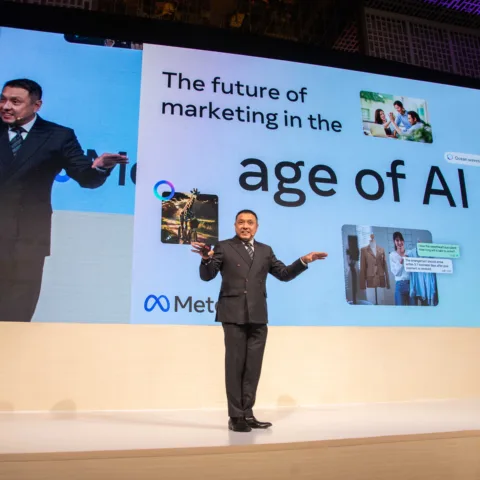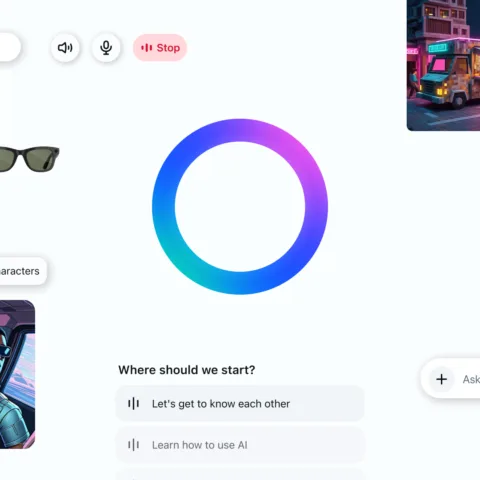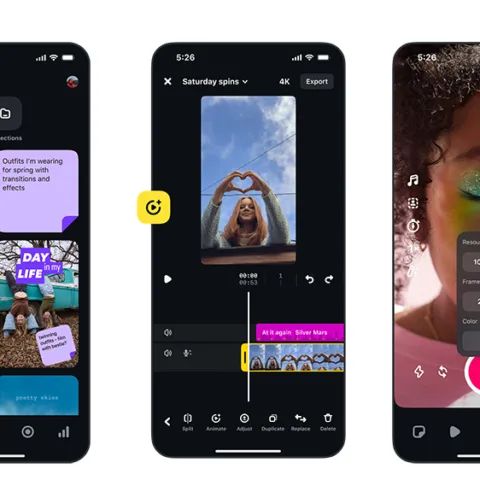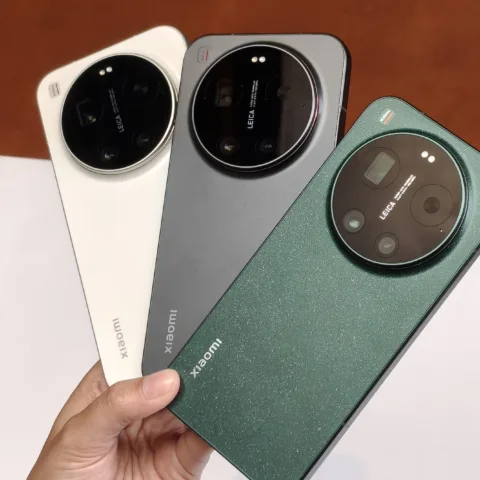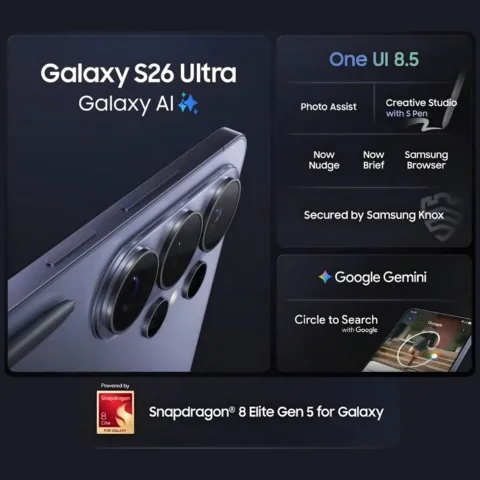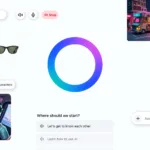 The series of User Experience (UX) posts is brought to you by Qonita Shahab, a researcher in UX who used to work in IT. Her interest in music and photography helps her in designing interactive system prototypes. Since she started research in the field of persuasive technology, Qonita studied more about social psychology and the communal use of technology. Follow her on Twitter @uxqonita.
The series of User Experience (UX) posts is brought to you by Qonita Shahab, a researcher in UX who used to work in IT. Her interest in music and photography helps her in designing interactive system prototypes. Since she started research in the field of persuasive technology, Qonita studied more about social psychology and the communal use of technology. Follow her on Twitter @uxqonita.
Have you heard of “Stop complaining about Facebook’s changes, it’s free for God sake!”? Have you been labeled as whiner just by talking about it? I’m among those who talked about it, but I didn’t buy the whiner label. After all, what I did was giving them valuable inputs.
Besides, I also don’t agree that Facebook is free. Of course financially we don’t pay anything to Facebook, but this approach has been in practice for too long: giving free access to a product (of parts of it) lowers the barrier to adopt the product. We may wonder, until when will Facebook keep being free? Will in the future Facebook suddenly charge us something?
There are several views about what Facebook gets from us. This interesting article can be an eye opener. Basically the article says that we are giving our detailed information to Facebook: from our names, dates of birth, to our favorite TV shows, movies, food, etc. Moreover, we also heard the latest news about Facebook’s cookies that track our internet activities even outside Facebook.
My view about what Facebook gets from us is that actually Facebook likes us to complain. Did you notice it on the day Steve Jobs departed? You knew for sure that 42 of your contacts in Facebook talked about him, because Facebook parsed their status updates and counted them for you. Similarly, Facebook may easily parse your status updates about your complaints regarding the changes and count the number of complaints.
As a UX researcher, having users complain eagerly and discuss my product prototype with each other would be a great opportunity. And I even dream of having my prototypes reviewed by hundreds of users. Let alone millions of users! Therefore, I think Facebook actually is thanking us for our complaints.
Like what I mentioned in my previous article about UX introduction, or what is mentioned by this article as constantly evolving, the UX of a product does not stop in the beginning, but it keeps going. The interaction between a user and a product cannot be stagnant, especially if the product allows interaction between users, which also creates evolving experience.
UX of a product does not stop in the beginning, but it keeps going. The interaction between a user and a product cannot be stagnant, especially if the product allows interaction between users, which also creates evolving experience.
Sometimes we underestimate the capability of users, but if again we look at the Facebook experience, users are quite resilient. We can
make changes and let them complain. Some changes are our misunderstanding of what users need and like, or simply our too much pride in applying new features. Some changes are meant to stay: the ones dealing with better design to support usability.
So, why did I pick the Facebook case in the first place? Because it’s where most of us are users. Being in the shoes of users helps us grow the empathy we need as product developers. Start small. Listen to your users to know what they like, but don’t forget to study their interactions with your product to know what they need. Keep evolving until you get the release version.

